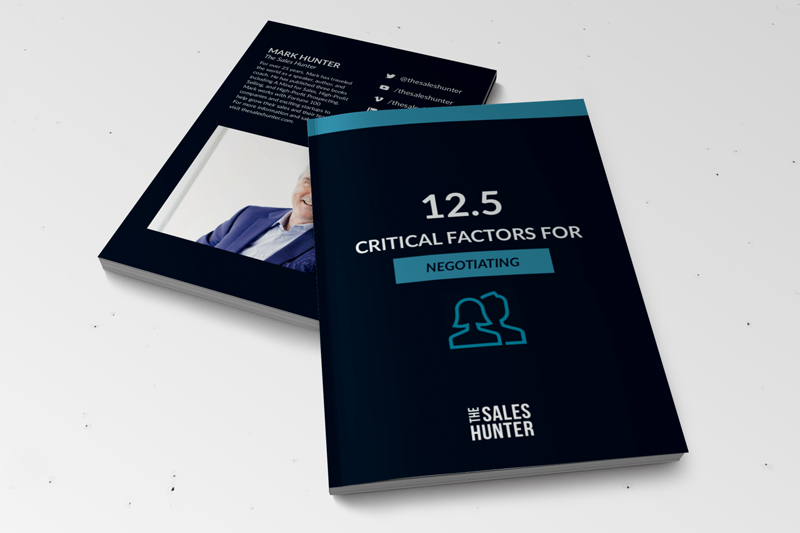 Guest post Monday and we have Owen Van Syckle of the Van Syckle Group, a sales training and consulting group. Today he offers key points on how your questioning skills can reveal if you are a sales amateur or a sales professional.
Guest post Monday and we have Owen Van Syckle of the Van Syckle Group, a sales training and consulting group. Today he offers key points on how your questioning skills can reveal if you are a sales amateur or a sales professional.
Phase 1: Talk Too Much (Sales Amateur)
The beginner salesperson is ready to show (off) his knowledge that was probably learned in corporate sales training and they will monopolize the conversation. They write a lot of proposals, but have low closing ratios.
Remember: If you are talking, you are saying something you already know. If you are listening, you are learning something new.
Phase 2: Closed-Ended Questions (Sales Amateur)
The information received by these questions is limited. These answers often do not give us the answers we are looking for or the depth.
Example — “Are you happy with your current vendor…”
Phase 3: Manipulative Questions (Sales Amateur)
Manipulative questions are designed to “set up” the prospect. The questions only solicit the answers that are favorable to the sales amateur and bring pressure to the sales process.
Example — “If we can save you time, you would be interested, wouldn’t you?”
Phase 4: Open-Ended Questions (Sales Novice)
These questions must be answered with more than “Yes” or “No.” Using these questions allows us to receive more and better information.
Example — “How long have you been thinking of doing this?”
Phase 5: Presumptive, open-ended questions (Sales Professional)
Example:
“________________ (prospect’s name) when you last reviewed your need for ________________(your service/goods), what did you find?”
Explanation:
This question is presumptive because it presumes the prospect has done a review of his needs.
This question is open-ended because it asks, “What did you find?”
To help ask open-ended questions, always remember any question beginning with “who, what, when, where, how or why” is an open-ended question.
We have to be effective in asking questions so we can gather information to guide the sale and focus on what is important to the prospect.
We can gain information fast if we ask the right questions, but we have to listen.












